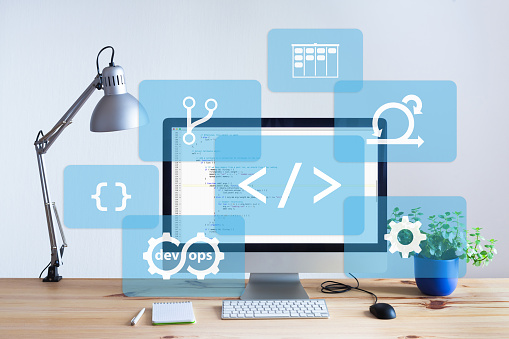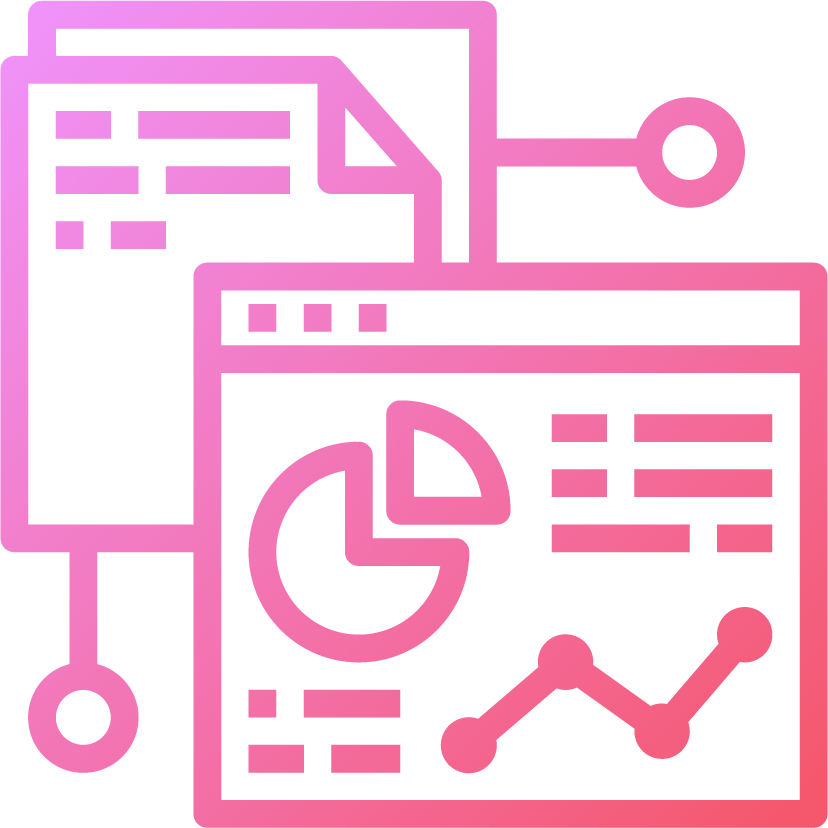Master Automation Tools and Practices: DevOps Engineers should have expertise in automation tools such as Ansible, Puppet, Chef, and Terraform. Automate repetitive tasks, including deployment, provisioning, and configuration management, to increase efficiency and reduce manual errors.
Embrace Continuous Integration and Continuous Deployment (CI/CD): Familiarize yourself with CI/CD pipelines and practices to streamline the software development lifecycle. Implement automated testing, code reviews, and deployment pipelines to accelerate the delivery of high-quality software.
Learn Cloud Computing Platforms: Gain proficiency in cloud computing platforms such as AWS, Azure, and Google Cloud Platform. Understand cloud services and architectures to design scalable and resilient infrastructure solutions that support the needs of your organization.
Cultivate Collaboration Skills: Collaborate closely with software developers, system administrators, and other stakeholders to bridge the gap between development and operations teams. Foster a culture of collaboration, transparency, and shared responsibility to facilitate smooth and efficient software delivery.
Prioritize Security and Compliance: Ensure that security best practices are integrated into every aspect of the DevOps process. Implement security controls, vulnerability scanning, and compliance checks to protect sensitive data and mitigate security risks.







